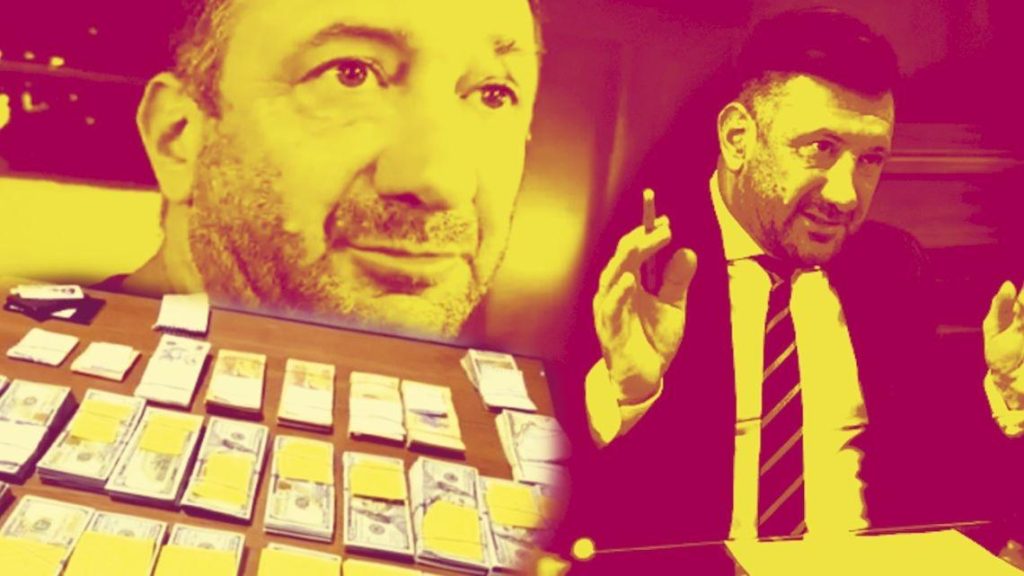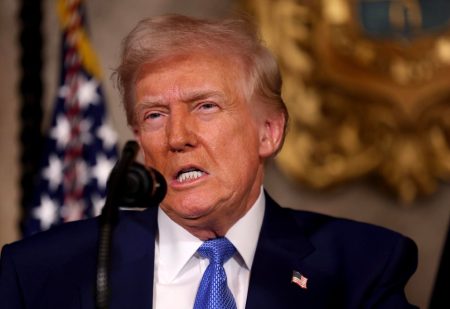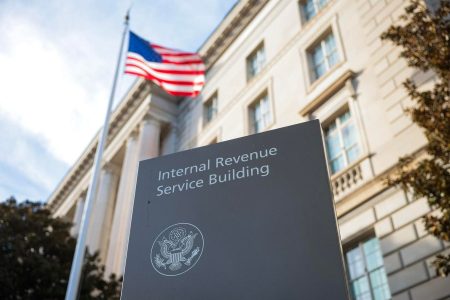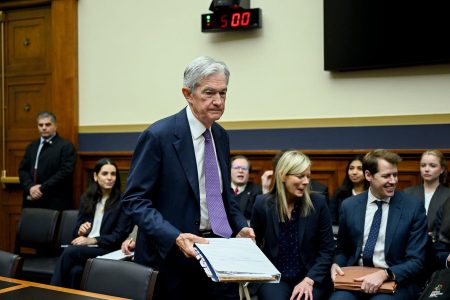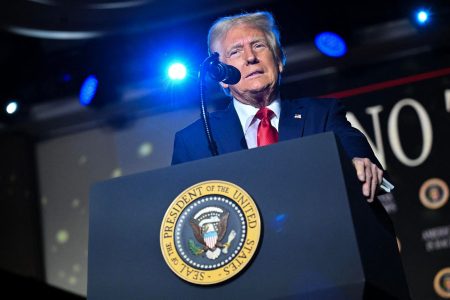The Argentine political landscape has recently been rocked by a series of high-profile corruption scandals, exposing a deeply ingrained culture of impropriety and impunity within the halls of power. The most dramatic of these involves Senator Edgardo Kueider, detained by Paraguayan authorities while attempting to cross an international border with over $200,000 in undeclared cash. This blatant act, reminiscent of a bygone era of brazen corruption, immediately captivated public attention and ignited a firestorm of speculation and accusations. Kueider’s clumsy attempt to distance himself from the funds, claiming they belonged to his assistant and were earmarked for electronic equipment purchases, only served to further fuel public cynicism. The discovery of his Senate ID card in the backpack containing the cash, coupled with his alleged statement to Paraguayan officials linking himself to the Milei administration, painted a picture of a politician caught red-handed, desperately seeking a lifeline. The subsequent expulsion from the Senate, despite his complaints of denied due process, solidified public perception of his guilt.
The Kueider scandal unfolded against a backdrop of political maneuvering and finger-pointing. President Javier Milei’s attempt to tie Kueider to the previous Fernández-Fernández administration, followed by Cristina Fernández de Kirchner’s sharp retort, highlighted the tendency of political actors to exploit scandals for partisan gain. The rapid and unanimous vote to expel Kueider from the Senate, while seemingly demonstrating a collective condemnation of corruption, also raised questions about the speed and decisiveness of the action, particularly given Kueider’s claims of being denied the right to defend himself. The incident served as a stark reminder of the precarious position of individual politicians within the volatile Argentine political system, where alliances shift and individuals can quickly become expendable.
Beyond the Kueider affair, other scandals further illuminated the pervasive nature of alleged corruption within Argentina’s political and judicial systems. Cristian Ritondo, a prominent deputy and leader within Mauricio Macri’s PRO party, found himself embroiled in controversy over the omission of Miami condominiums, valued at $2.6 million, from his sworn asset declarations. The ownership of these properties, masked through a web of shell corporations controlled by his wife, raised questions about potential conflicts of interest and undeclared wealth. While the Ritondo scandal did not capture the public imagination in the same way as Kueider’s border crossing with stacks of cash, it nonetheless chipped away at the credibility of the PRO party and underscored the perception of widespread financial impropriety among political elites.
Adding another layer to this tapestry of corruption was the lavish 60th birthday celebration of federal prosecutor Ramiro González. The leaked video, showcasing the opulence of the event – including a performance by singer Cristian Castro – sparked outrage and disbelief. The attendance of prominent judges, justices, and politically connected figures raised concerns about potential conflicts of interest and the blurring of lines between the judicial and political spheres. While González may have been within his rights to host a private celebration, the extravagance of the affair, particularly in the context of Argentina’s challenging economic climate, struck a dissonant chord with a public struggling with economic hardship.
These concurrent scandals, varying in nature and scope, paint a troubling portrait of a system where ethical boundaries are routinely crossed and accountability remains elusive. They underscore a culture where political maneuvering and personal enrichment often take precedence over public service and the rule of law. The public reaction, ranging from outrage to resignation, reflects a deep-seated cynicism about the integrity of the political class. The scandals also highlight the role of the media, both traditional and social, in bringing these issues to light and shaping public perception. The swift dissemination of information, particularly in the Kueider case, amplified the impact of the scandal and intensified the pressure on authorities to take action.
While these recent events may seem shocking, they are unfortunately not isolated incidents in Argentina’s history. The country has long grappled with a pattern of corruption scandals, often involving high-ranking officials and complex financial schemes. These recurring episodes undermine public trust in institutions, perpetuate cynicism about the political process, and contribute to a sense of impunity among the elite. The challenge for Argentina lies in breaking this cycle and establishing a system where accountability is the norm, not the exception. This requires not only robust legal frameworks and independent investigative bodies but also a fundamental shift in political culture, where ethical conduct is valued and rewarded, and corruption is met with swift and decisive consequences. The current scandals, while deeply troubling, could potentially serve as a catalyst for much-needed reforms and a renewed commitment to transparency and accountability in public life.




